Commenting on the Draft Decree amending and supplementing a number of articles of Decree 126/2020 detailing a number of articles of the Law on Tax Administration (hereinafter referred to as the Draft), VCCI believes that Article 7 of the Draft changes the timing of personal income tax deduction for stock dividends, requiring deduction at the time of dividend payment, which will affect the interests of investors and reduce long-term investment motivation.
Specifically, this provision creates a major change in terms of obligations: from the tax only arising when shareholders actually have income from selling shares to the tax that shareholders must pay immediately upon receiving shares. Dividends in shares do not create actual income for shareholders at the time of receiving dividends. In essence, this is just a technical adjustment in the capital structure, increasing the number of outstanding shares but not increasing the total value of shareholders' assets.
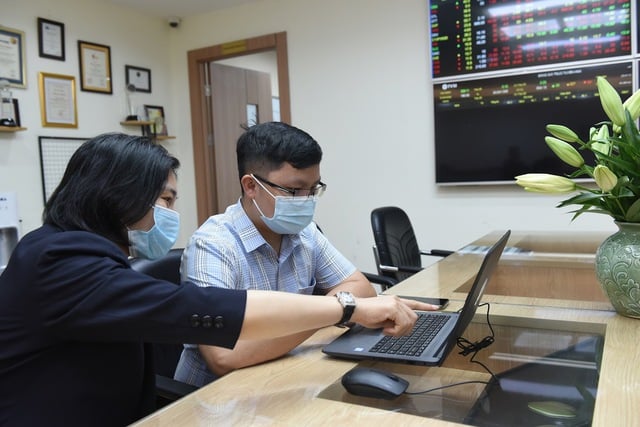
VCCI believes that collecting taxes immediately on stock dividends reduces investment motivation.
PHOTO: NGOC THANG
For example, an individual holds 100,000 shares priced at VND30,000/share. When the company pays dividends in shares at a ratio of 2:1 (2 old shares receive 1 new share), this individual receives an additional 50,000 shares. At the same time, according to the law, the share price will be adjusted to VND20,000/share. The total value of assets before and after receiving dividends is still VND3 billion, no income is generated, but the individual still has to pay VND25 million in personal income tax. Thus, at the time of paying dividends in shares, the shareholder has not received any benefits from this. If tax is collected at that time, it will create financial pressure and liquidity risks for investors, including large investors and small investors.
At the same time, the policy of tax collection at the time of receiving bonus shares reduces the attractiveness of long-term investment methods when investors have to pay tax before actually receiving profits.
From the business perspective, after-tax profits can be handled in three ways: No profit distribution; cash dividend distribution; stock dividend distribution: the business retains capital for business operations, while "sharing" profits with shareholders in the form of increased stock ownership. Thus, the form of stock dividend distribution can be considered a form of reconciliation between the interests of the business and the interests of shareholders. At the same time, investors are encouraged to hold long-term, accompany the business; business owners continue to develop the business further because only then can the shares truly turn into profits. This is also one of the ways the tax industry nurtures a sustainable, long-term source of revenue.
According to data from the tax authority, in the period 2016 - 2024, the actual personal income tax collected from stock dividends reached about 1,318 billion VND, while if collected immediately upon distribution, the estimated figure could be about 17,420 billion VND. It can be inferred that most shareholders have chosen to hold stocks for a long time. Thus, more than 10,000 billion VND of "uncollected" is actually in the enterprise, serving reinvestment in production and business, creating jobs, indirectly contributing to GDP growth and a stable, sustainable tax source for the budget in the long term. If forced to collect immediately, this capital flow may be withdrawn, reducing the ability of the enterprise to reinvest and develop.
"The proposal to impose tax at the time of dividend payment in shares as in the Draft will make this option less attractive, eliminating an effective tool for businesses to have resources to reinvest in production and business activities. If tax must be paid at the time of receipt, why should investors prioritize choosing shares while cash dividends bring immediate cash flow, have an immediate source of tax payment and do not have to bear potential risks in the future like shares? Tax policy, in addition to the goal of collecting correctly and fully, also needs to ensure the ability to encourage business investment activities, business development, thereby promoting economic development and nurturing sustainable revenue sources," VCCI analyzed. From the above analysis, VCCI suggested that the drafting agency reconsider this regulation.
Source: https://thanhnien.vn/thu-thue-ngay-voi-co-tuc-bang-chung-khoan-lam-suy-giam-dong-luc-dau-tu-185250724085856392.htm


![[Photo] Deep sea sand deposits, ancient wooden ship An Bang faces the risk of being buried again](https://vphoto.vietnam.vn/thumb/1200x675/vietnam/resource/IMAGE/2025/11/13/1763033175715_ndo_br_thuyen-1-jpg.webp)
![[Photo] Special class in Tra Linh](https://vphoto.vietnam.vn/thumb/1200x675/vietnam/resource/IMAGE/2025/11/14/1763078485441_ndo_br_lop-hoc-7-jpg.webp)








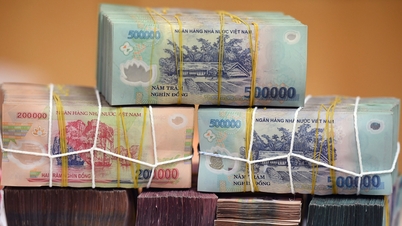




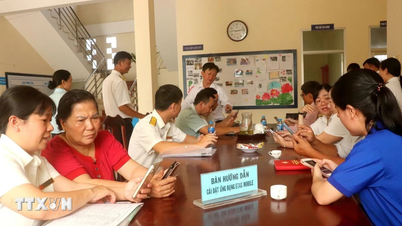

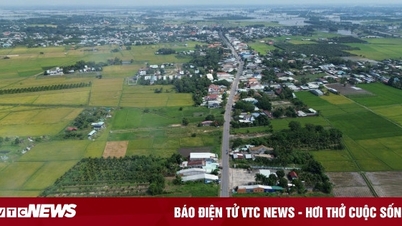



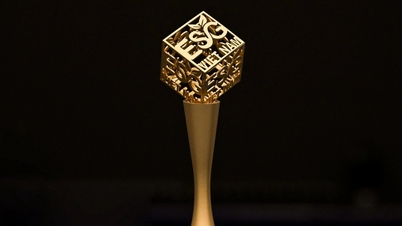

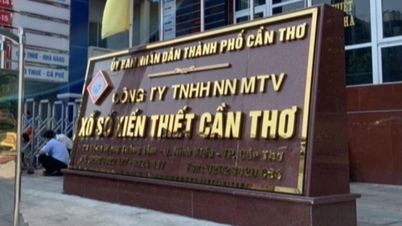
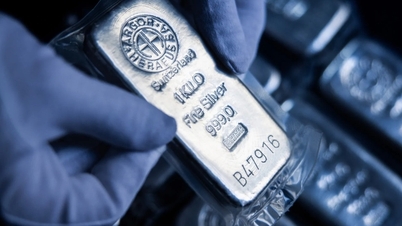
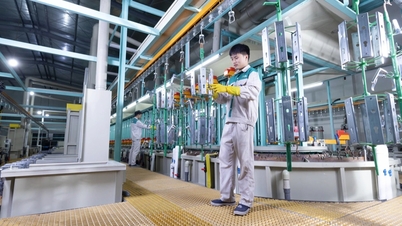





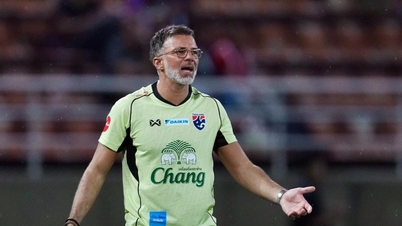

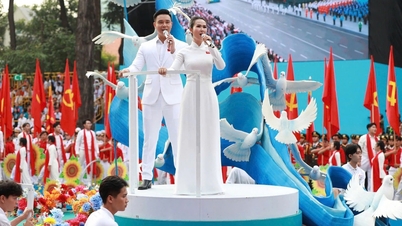
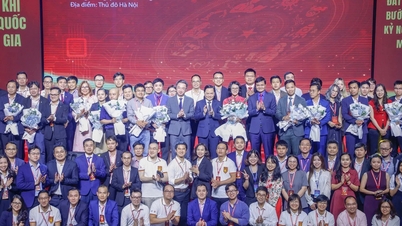













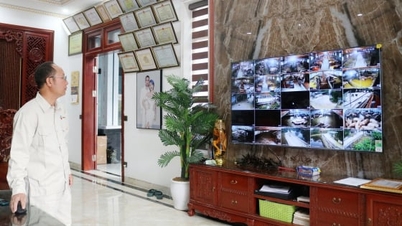
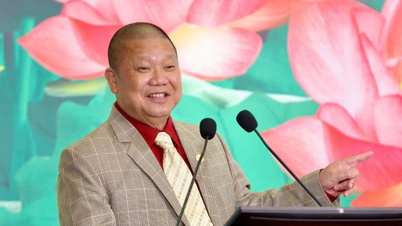





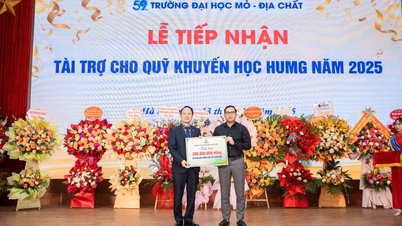













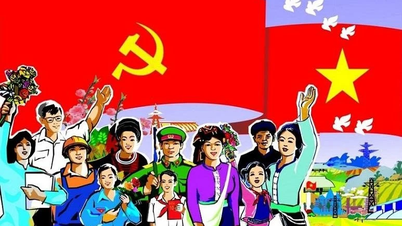

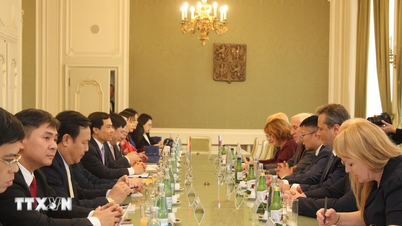

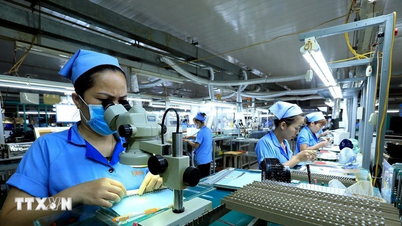






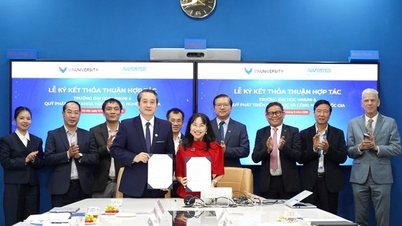

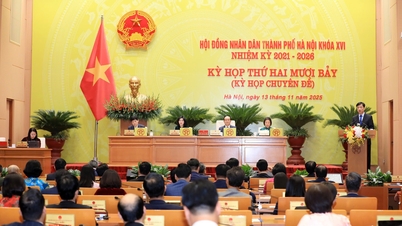

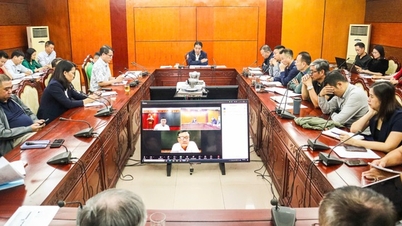


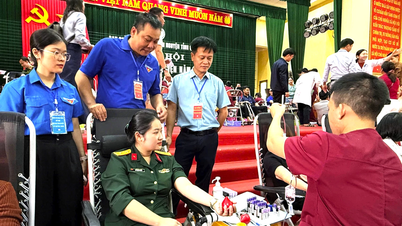

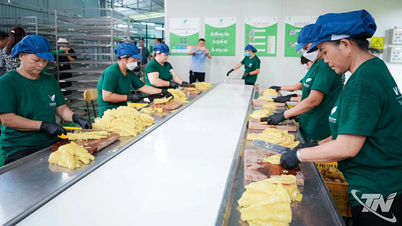

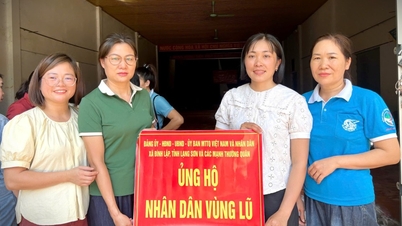








![Dong Nai OCOP transition: [Article 3] Linking tourism with OCOP product consumption](https://vphoto.vietnam.vn/thumb/402x226/vietnam/resource/IMAGE/2025/11/10/1762739199309_1324-2740-7_n-162543_981.jpeg)






Comment (0)